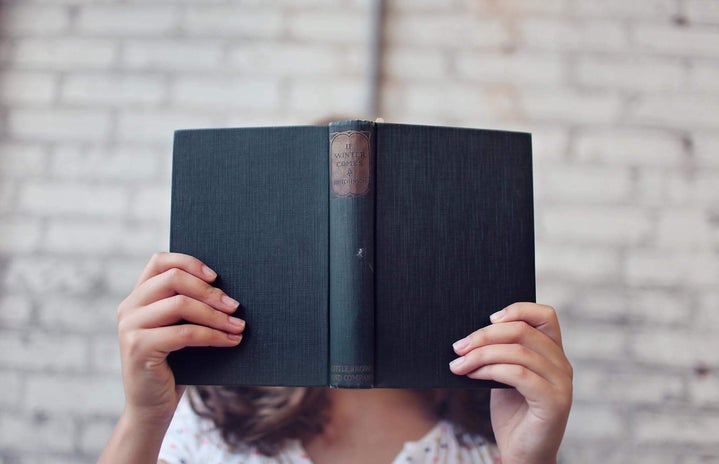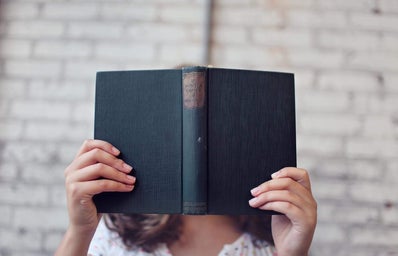As an avid reader before an avid movie-goer, I was often that person in the movie theatre who would lean over and whisper “the book is better,” or I would refuse to see a movie until I read the book first. Of course, I also grew up loving many films without reading the novel on which it was based (much to the chagrin of the Tumblr book community of my tween years, who spat at the feet of movie adaptations). To this day, I still haven’t read Tolkien’s Lord of the Rings, despite dedicating a longtime fan account to the films, and, if I’m being honest, I probably never will. I never really understood the superiority complex many readers harbored when it came to film, even when I partook in it for a while. I was surprised to see this attitude still thriving when I came to university as a bright-eyed and bushy-tailed English major, where some students tried to make me feel lesser, somehow, for not reading Shakespeare or Jane Austen for funsies. Thus, the swift change to a Comparative Literature major, where I had the freedom to explore multimedia and discover my love for film theory.
It was — and sometimes still is — a knee-jerk reaction to judge the success of a film based on its faithfulness to its source novel, but the similarities and disilimarities between the two artistic mediums are what make an adaptation interesting. Yeah, I admit, I still shudder when I recall the movie adaptations of Rick Riordan’s Percy Jackson, but I’ve learned that the adaptation process holds more nuance than I originally thought. Cinematic adaptation has been a topic of intense theoretical (and Tumblr) debate over the last few decades, one that remains an important ongoing dialogue in, and with, our 21st-century mediascape. We live in a time when hundreds of films, TV shows, books and other media are circulating within our orbit at any given time, and when technology has made exponential leaps and bounds that would have been unthinkable for early film consumers. We are at the precipice of an age of media production and consumption never before experienced in history, and adaptation is playing a huge part in it.
Can you tell that I’m excited about this yet? Well, I was excited enough about the topic to write an 80-page, tear-stained, Red-Bull-infused senior honors thesis about it. I knew I liked books, and I knew I liked movies, so that’s what I ran with when I first pitched the idea to one of my professors, who seemed to like it enough to become my thesis advisor. We signed all the obligatory contracts (I’ve forgotten what the contracts said, but I’m pretty sure my advisor essentially consented to me going feral and kicking down his office door, once a week), and I cannon-balled straight into a pit of film and literary theory, the summer before my senior year.
Six months later, I had produced a three-chapter extravaganza on literature, film and cultural engagement with media. It truly was a labor of love, even through all the sleepless nights, when the thought of walking into the closest forest in nothing but a nightgown, never to be seen again, sounded more and more appealing with each passing week. As an aspiring writer and a consumer of media, I wanted to learn more about how we engage with the age-old practice of storytelling, and vice versa. It’s nearly unfathothamble how interconnected the world’s stories are — storytelling transcends time, culture and different artistic mediums, and it’s quickly becoming so prevalent in the way we produce and consume media that the hierarchical notions of superiority between literarure and film are becoming obsolete. Adaptation creates a space of creator and audience engagement that reflects our timeless impulse to interact with stories, either as a means of pondering human existence or exploring the ever-changing world around us.
I know not every movie adaptation has to be that deep (I’m looking at you, Percy Jackson), and I know that the popular practice of regurgitating the same films for profit doesn’t bode well for the concept of creative innovation (I’m looking at you, Disney). As a film theory nerd, however, the concept of new media and the future of storytelling as we know it are fascinating and exciting. Just think of the endless possibilities; with film, video games, fanmade works and books constantly at our fingertips, we have a myriad of mediums through which we can express ourselves.
Needless to say, I love storytelling in all shapes and forms. Why restrict yourself to only one medium, when you can consume them all, red-eyed, at 3 a.m., when you should be sleeping?


